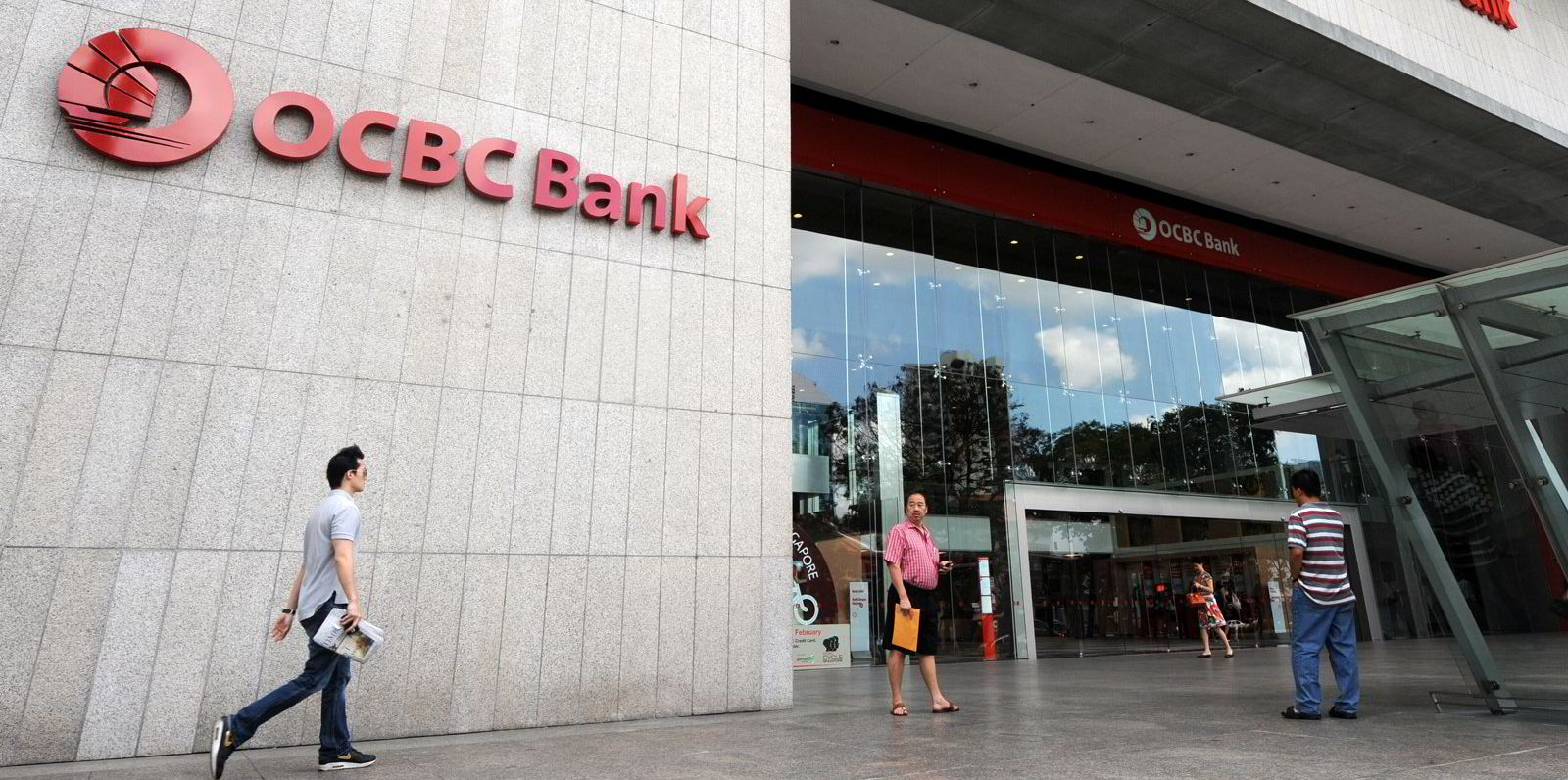Singapore’s Oversea-Chinese Banking Corporation (OCBC) has become the latest bank to pull the plug on fossil fuels projects’ funding.
To accelerate the decarbonisation of the oil and gas sector, the bank will not extend project financing to upstream oil and gas projects that obtained approval for development after 2021.
The bank this week unveiled science-based decarbonisation targets for six sectors — oil and gas, power, shipping, steel, aviation and real estate — to achieve net zero financed emissions by 2050.
OCBC noted these six sectors are the most greenhouse gas emissions intensive sectors that it currently finances, adding that 42% of its corporate and commercial banking loan portfolio falls within the scope of its targets.
“Notably, OCBC will not extend project financing to upstream oil and gas projects that obtained approval for development after 2021, as part of its decarbonisation efforts for this sector,” OCBC said in a statement.
“This is on top of the target of 35% reduction in absolute emissions by 2030 for the oil and gas sector that the bank has set.”
Article continues below the advert
OCBC is targeting a 95% reduction in absolute emissions from the oil and gas sector, while for the power sector its reduction targets are 55% by the end of this decade and 100% by 2040.
The bank said that its interim 2030 targets had been set as a checkpoint to ensure it is on track towards its later goal.
“The targets will be reviewed periodically, at least once every five years, as climate science evolves and more data from clients become available,” said OCBC.
The bank added that the targets are “aligned to internationally recognised, science-based pathways geared towards achieving a net zero level of greenhouse gas emissions by 2050” to limit global warming to 1.5 degrees Celsius.
Against this backdrop, OCBC — the second-largest banking group in Singapore by total assets — will continue to develop sustainable financing solutions for its corporate clients to finance their green and transition business activities.
The bank added that it would deepen collaboration with stakeholders, from customers and regulators to green technology innovators, to co-create an ecosystem that will help catalyse the development and adoption of innovative technology solutions to accelerate decarbonisation.
“Our sectoral net zero targets are ambitious, quantitative and grounded in science. We will partner our corporate clients to meaningfully contribute to a net-zero Asean and Greater China by 2050 in an orderly and just transition. These targets are a culmination of months of hard work by many colleagues bank-wide and in our core markets of Asean and Greater China,” said OCBC Bank Group chief executive, Helen Wong.
“Beyond the numbers, this exemplifies key aspects of our vigorously partnership-based approach. I firmly believe that a more sustainable world can be created so long as we are united with our clients and communities in pursuing one.”
Earlier this year, the bank launched the OCBC 1.5°C loan, which incentivises corporates to set and work towards clear emissions reduction targets aligned with internationally recognised, science-based decarbonisation pathways for their sectors.
When the targets are met or exceeded, corporates can get a reduced interest rate on their loans.
By the end of March, OCBC’s sustainable finance portfolio was S$47 billion (US$35.17 billion), putting the bank well on track to achieving its targeted S$50 billion by 2025.

